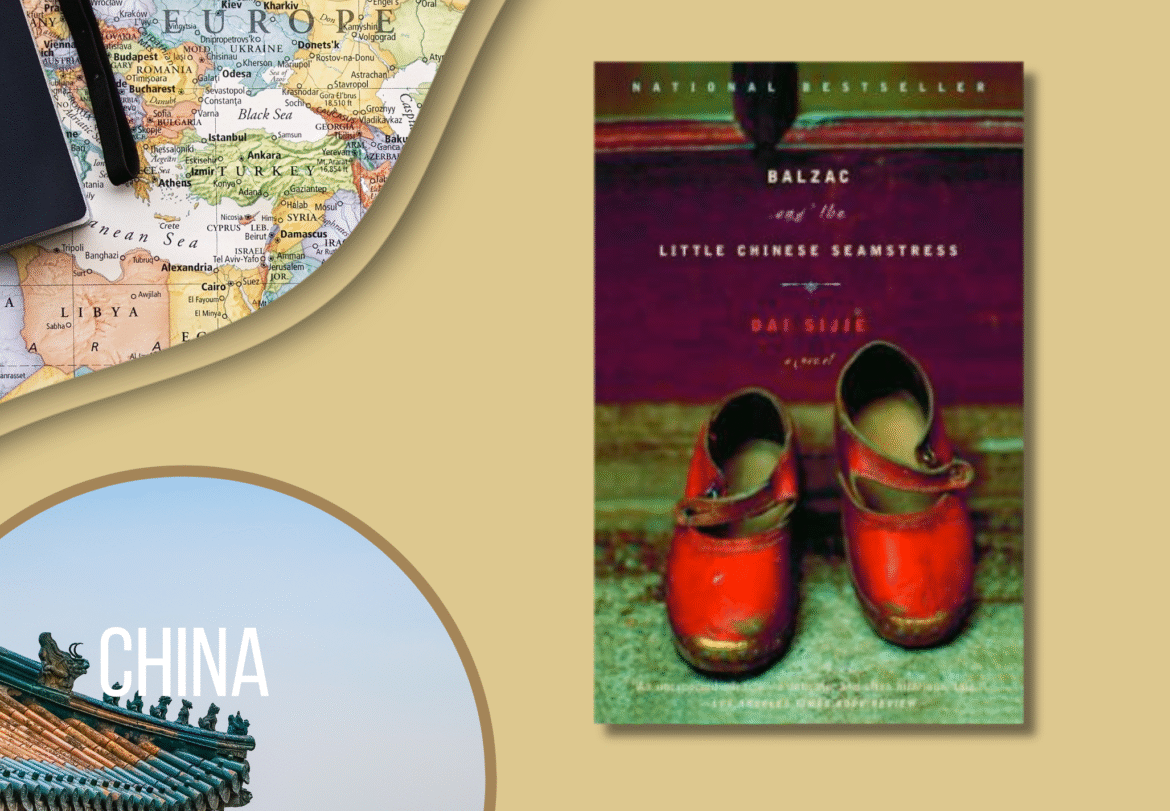Many, many years ago, in Maoist China, two teenage boys are sent to a village for ‘re-education’. The government wants to rid them of their western knowledge and the influence of their intellectual parents.
On their arrival, the villagers come to inspect the boys’ belonging to ensure they bring no western or bourgeois objects. Our narrator and his friend Lou, whose story this novel is, find themselves in the odd position of defending their violin.
To show its harmlessness, the narrator plays some Mozart, but when the village headman suspiciously asks the name of the song, Lou blurts out its ‘Mozart is thinking of Chairman Mao’. This ridiculous answer saves the violin and thus begins their re-education. The tragicomedy of this scene sets the stage for the novel.
Amid hostile peasants, harsh labour and the fear of imprisonment, the two boys look for distractions in their remote village. And it comes as the most beautiful girl living on the mountainside — the little seamstress.
Clever, pretty and in demand she is looking for an escape too. She loves stories and a chance discovery of contraband books means that the boys have enough material to keep her entertained. Thus starts a strange courtship with books and stories that changes their lives.
“I kept my door more securely locked than ever and passed the time with foreign novels. Since Balzac was Luo’s favourite I put him to one side, and with the ardour and earnestness of my eighteen years I fell in love with one author after another: Flaubert, Gogol, Melville, and even Romain Rolland” ― Dai Sijie, Balzac and the Little Chinese Seamstress
Dai Sijie weaves a beautiful coming of age story in the mountains of rural China in this novel of immense subtlety. Sijje was himself ‘reeducated’ and through the novel’s characters he gives a glimpse into the life of the common people in Maoist China.
This review is part of my Around the World series, a reading project where I explore books from every country. You can follow the rest of the journey here.
Other Recommendations from China
My pick for China is Empress Orchid by Amchee Min. Empress Orchid follows the life a little Manchu girl, Orchid Yehonala. She gets chosen to be the Emperor’s Hseng’s Imperial consort and her rise to power as the Empress Dowager. Equally fascinating is the story of the writer Amchee Min, who spent her early years in China in challenging conditions.
‘From Anchee Min, a master of the historical novel, Empress Orchid sweeps readers into the heart of the Forbidden City to tell the fascinating story of a young concubine who becomes China’s last empress. Min introduces the beautiful Tzu Hsi, known as Orchid, and weaves an epic of the country girl who seized power through seduction, murder, and endless intrigue. When China is threatened by enemies, she alone seems capable of holding the country together.’


